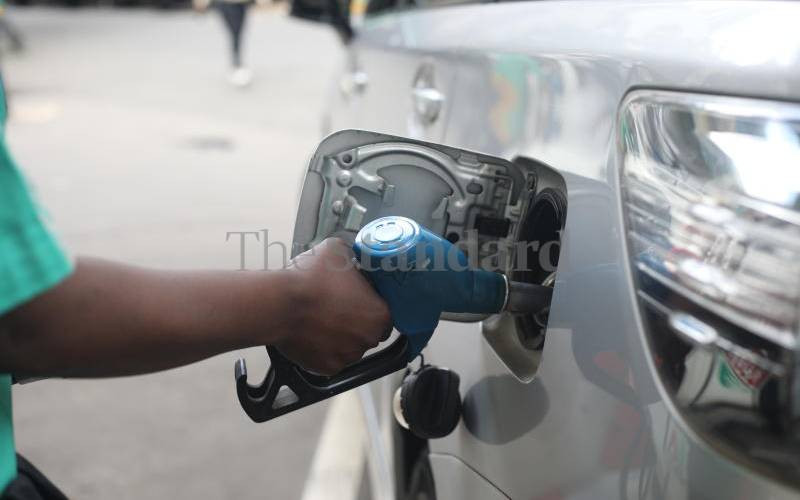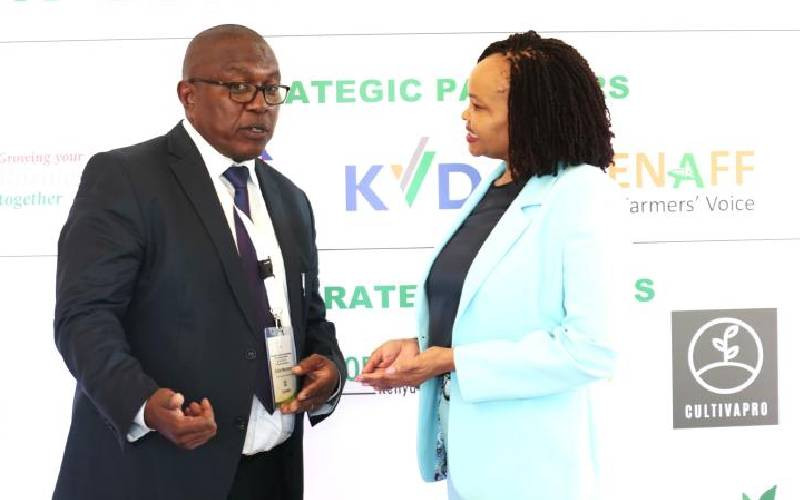
Early this month, the energy industry regulators in Tanzania and Rwanda reduced the cost of fuel citing the lower cost of petroleum products in the global market.
In the two countries, pump prices are hovering at around Sh200 per litre for super petrol, a major difference with the Sh217.36 per litre that residents in Nairobi have to pay at the pump and as high as Sh231.36 a litre in Mandera.
The difference would have been even much bigger had the government not applied a Sh12 subsidy, which would have seen a litre of super petrol reach Sh229.37 in Nairobi.
On December 5, the energy authorities in Rwanda shaved more than Sh20 from retail prices of a litre of super petrol, which brought it down to Sh201.40 (1,639 Rwanda Francs).
The pump price for a litre of diesel in Kigali dropped to Sh200.93 (1,635 Rwanda Francs). The Rwanda Utilities Regulatory Authority (Rura) said this was based on price changes of petroleum products registered at the international market.
Rwanda, where pump prices are cheaper than Kenya, relies on the ports of Mombasa and Dar es Salaam to import petroleum products. If imported through Kenya, a significant part of the journey is covered by tankers on road and exclusively use road transport if imported through Tanzania. In moving petroleum products, road transport is more expensive compared to pipeline transport.
Chirchir warning
On December 6, Tanzania also reduced the cost of fuel, with petrol going down 3.4 per cent to now retail at Sh199 (TSh3,243) a litre in Arusha. Super petrol has been retailing at Sh217.36 per litre.
Diesel dropped 3.7 per cent to Sh210.79 (TSh3,433), albeit higher than the subsidised cost of diesel in Nairobi at Sh203.47. Without the Sh19 per litre subsidy, the cost of diesel in Nairobi would have been much higher at Sh223.29 per litre.
And now as other countries pay lower prices, all eyes are on Kenyan petroleum sector authorities as they publish price capping guide for the December-January cycle.
This is with the knowledge that the price of international crude oil has been on the decline. Murban crude oil has reduced to $75.64 per barrel this week, up from a high of $96.09 on September 14.
Global oil prices have defied the gloomy projection by the Cabinet Secretary Energy and Petroleum Davis Chirchir who in early November warned Kenyans to expect a litre of petrol to increase to Sh300 on account of surging oil prices due to the Israel-Hamas war.
There have been calls on Epra and the Ministry of Energy to lower pump prices on account of the lower crude oil prices.
Opposition chief Raila Odinga said the authorities should bring down the cost of fuel by as much as Sh50. Such a drop, he noted, would be commensurate to the drop in the international price of petroleum products.
Stay informed. Subscribe to our newsletter
"They should reduce the cost of fuel by Sh45 per litre... not just Sh5 or Sh10. It should come down by between Sh45 and Sh50 because oil prices have come down significantly in the global markets," he said.
Eugene Wamalwa, former Cabinet Secretary, noted that higher taxes are to blame for the high cost of fuel in Kenya.
The Finance Act, 2023, doubled VAT on fuel and is among the latest tax hikes on petroleum products. The Kenyan tax regime is the highest in the region, with taxes on super petrol being about 30 per cent higher when compared to Uganda and Tanzania. A tax rate of Sh80 per litre of super petrol is almost twice as much as the government of Rwanda takes at Sh42.
"When they brought the Finance Bill 2023, Kenyans rejected the higher taxes during public participation... right now, Kenyans are hurting not because people are fighting in the Israel-Hamas war but because of higher taxes. They have doubled VAT on fuel and that is why fuel prices are higher in Kenya than Tanzania. Global oil prices have come down, why is it that fuel prices in Kenya are not coming down? Our people are hurting because of the high taxes," he said.
This is even as the High Court on Monday issued conservatory orders preventing the Energy and Petroleum Regulatory Authority (Epra) from increasing fuel prices as a case lodged by human rights group Kituo cha Sheria is determined.
The lobby is questioning Epra's decision to retain the cost of petrol and diesel above Sh200 despite drop in global prices.
Denied rights
"The petitioner (Kituo) avers that the members of the public stand to suffer irreparable loss and great inconvenience if the respondents are not ordered to urgently perform their legal obligations to protect citizens from further suffering, slow economic growth, declining living standards, and high inflation thus infringing the aforesaid fundamental rights and freedoms," argues the lobby.
"The respondents have failed, neglected and or refused to control and stabilise fuel prices thus leading to extreme hardship for many citizens. Per the petroleum price review in October by the second respondent, the price of fuel has gone up to Sh217 per litre of petrol, which is already too high resulting in very high and unaffordable costs of basic commodities including all household goods such as unga, the staple diet of a majority of Kenyans among others."
The group has sued Chirchir and Attorney General Justin Muturi.
[email protected]
 The Standard Group Plc is a
multi-media organization with investments in media platforms spanning newspaper
print operations, television, radio broadcasting, digital and online services. The
Standard Group is recognized as a leading multi-media house in Kenya with a key
influence in matters of national and international interest.
The Standard Group Plc is a
multi-media organization with investments in media platforms spanning newspaper
print operations, television, radio broadcasting, digital and online services. The
Standard Group is recognized as a leading multi-media house in Kenya with a key
influence in matters of national and international interest.
 The Standard Group Plc is a
multi-media organization with investments in media platforms spanning newspaper
print operations, television, radio broadcasting, digital and online services. The
Standard Group is recognized as a leading multi-media house in Kenya with a key
influence in matters of national and international interest.
The Standard Group Plc is a
multi-media organization with investments in media platforms spanning newspaper
print operations, television, radio broadcasting, digital and online services. The
Standard Group is recognized as a leading multi-media house in Kenya with a key
influence in matters of national and international interest.






